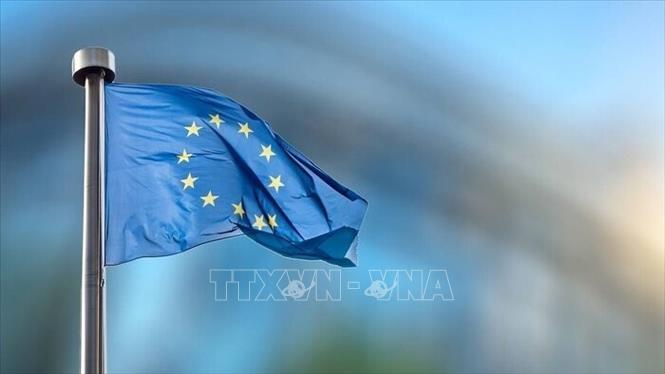
Minister Lukáš Vlček said that in the five years since the EVFTA came into effect on August 1, 2020, trade cooperation between the EU and Vietnam has made great strides. EU-Vietnam trade turnover has increased by 12-15% annually over the past five years, reaching more than 60 billion euros (70 billion USD) by 2024. Thanks to the gradual elimination of tariffs under the EVFTA, Vietnam has affirmed itself as the leading exporter to the EU in the Association of Southeast Asian Nations (ASEAN), contributing to higher economic growth, job creation and greater access to high-quality European products for consumers.
Although the EU still has a large trade deficit with Vietnam, European businesses also benefit significantly from increased access to the third most populous market in ASEAN, as well as from the diversification of global supply chains. This positive development is reflected in the rapid growth of economic relations between the Czech Republic and Vietnam. Vietnam represents the Czech Republic’s most important trading partner in the entire ASEAN region, with total trade turnover reaching a record 4 billion euros by 2024. This underlines the deeper cooperation between the two countries, based on the positive high-level relations between the Czech and Vietnamese governments as well as the presence of a large Vietnamese community in the Czech Republic (the third largest in Europe with around 70,000 people).
According to Minister Lukáš Vlček, over the past five years, the EVFTA has proven to be an important economic tool, especially in the context of global fluctuations such as the COVID-19 pandemic, escalating geopolitical tensions and protectionism. Electronics manufacturers, textile and garment industries and the food industry under the EVFTA have thrived thanks to tariff reductions and growing EU demand over the past five years. In this context, Vietnamese companies that met EU standards early have had faster market access.
For the Czech industry, the reduction of tariffs on vehicle components and the upcoming assembly regulations under the EVFTA have allowed brands such as Škoda Auto, the leading Czech car manufacturer, to localize its production in Vietnam. In cooperation with its Vietnamese partner Thanh Cong Motor, Škoda Auto entered the Vietnamese market in September 2023, and then opened a production line in Quang Ninh province on March 26, 2025. The project is important because it not only takes Czech-Vietnamese economic cooperation to a new level, but also plays a pioneering role, creating new jobs, expanding industrial capacity and attracting more foreign investment to Vietnam. As a result, Vietnam will become a production hub for Škoda Auto and other Czech companies expanding into other Southeast Asian markets. The cooperation between Škoda Auto and Thanh Cong Motor is a typical example of an emerging trend of joint ventures combining Czech technology and Vietnamese production capacity under the EVFTA's favorable rules of origin, creating a scalable model for regional output.
Minister Lukáš Vlček affirmed that, as is the case with other major Free Trade Agreements, there is still room for improvement in the implementation of the EVFTA. Pending issues, including delays in the registration process for products imported from the EU, along with stringent requirements, even for products with EU certification, are hindering timely market access and reducing the competitiveness of EU goods, including those from the Czech Republic. For example, the issue of exporting meat products from the EU to Vietnam has not been resolved and the licensing process appears to be delayed. Other obstacles include complex regulatory requirements, insufficient recognition of international standards by local authorities, technical barriers, including product certification and testing, etc. In addition, Czech companies considering entering the Vietnamese market are also facing language barriers and a lack of information about the Vietnamese business environment.
Minister Lukáš Vlček stressed that Vietnam is truly an “economic dragon” of Asia and one of the fastest growing markets in the world. Moreover, the Vietnamese Government has adopted ambitious development goals, including becoming one of the world’s top 15 destinations for foreign direct investment (FDI), achieving net zero carbon emissions by 2050. The fact that Vietnam is also implementing comprehensive reforms to reduce administrative burdens to improve the business-friendly regulatory environment is a positive signal for European companies to enter the Vietnamese market.
According to Minister Lukáš Vlček, the EVFTA’s ambition to eliminate almost all tariffs has translated into increased bilateral trade and investment. However, the full potential of the agreement is still unfolding as both business sectors navigate the complexities of implementation. He said that in the coming years, Vietnam needs to promote attractive policies and incentives to encourage investment projects focused on environmental protection, green technology and e-mobility, including charging infrastructure. In addition, one of the tasks to be completed is the full ratification of the EU-Vietnam Investment Protection Agreement (EVIPA) as an important step in exploiting the full potential of the EVFTA. Minister Lukáš Vlček stressed that the Czech Republic is proud of the fact that it is one of the first European countries to ratify the Investment Protection Agreement (EVIPA) and will continue to encourage other EU member states to complete the ratification process as soon as possible.
Source: https://doanhnghiepvn.vn/kinh-te/kinh-doanh/5-nam-thuc-thi-evfta-hop-tac-thuong-mai-giua-viet-nam-va-eu-tang-truong-vuot-bac/20250804030612490



![[Photo] Highways passing through Dong Nai](https://vphoto.vietnam.vn/thumb/1200x675/vietnam/resource/IMAGE/2025/11/12/1762940149627_ndo_br_1-resize-5756-jpg.webp)


![[Photo] Prime Minister Pham Minh Chinh attends a conference to review one year of deploying forces to participate in protecting security and order at the grassroots level.](https://vphoto.vietnam.vn/thumb/1200x675/vietnam/resource/IMAGE/2025/11/12/1762957553775_dsc-2379-jpg.webp)

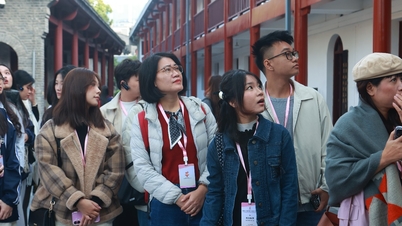












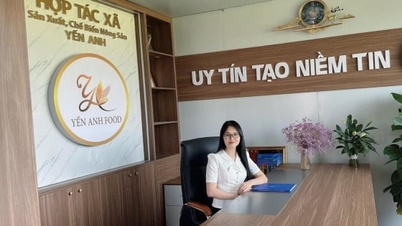

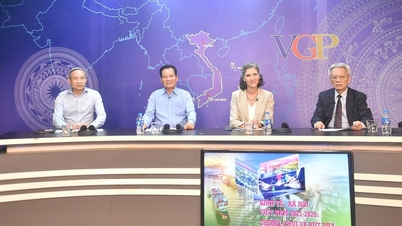









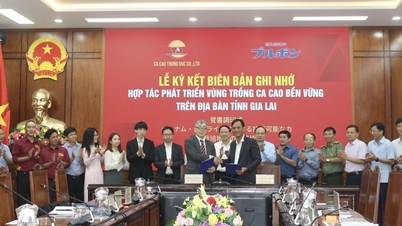

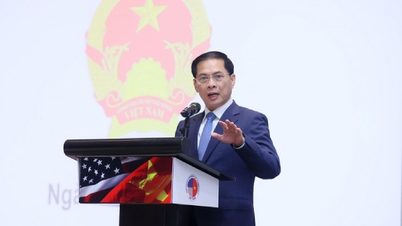


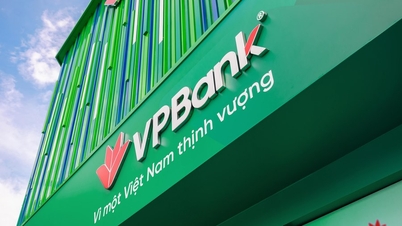

























































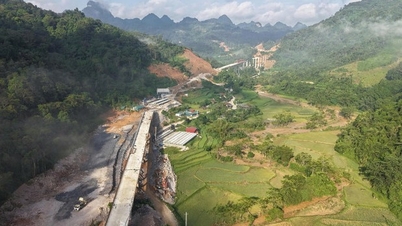
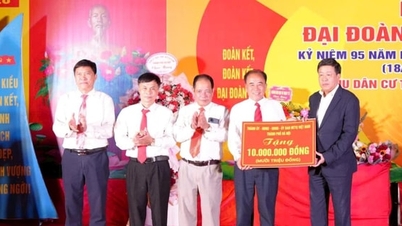






![Dong Nai OCOP transition: [Article 3] Linking tourism with OCOP product consumption](https://vphoto.vietnam.vn/thumb/402x226/vietnam/resource/IMAGE/2025/11/10/1762739199309_1324-2740-7_n-162543_981.jpeg)




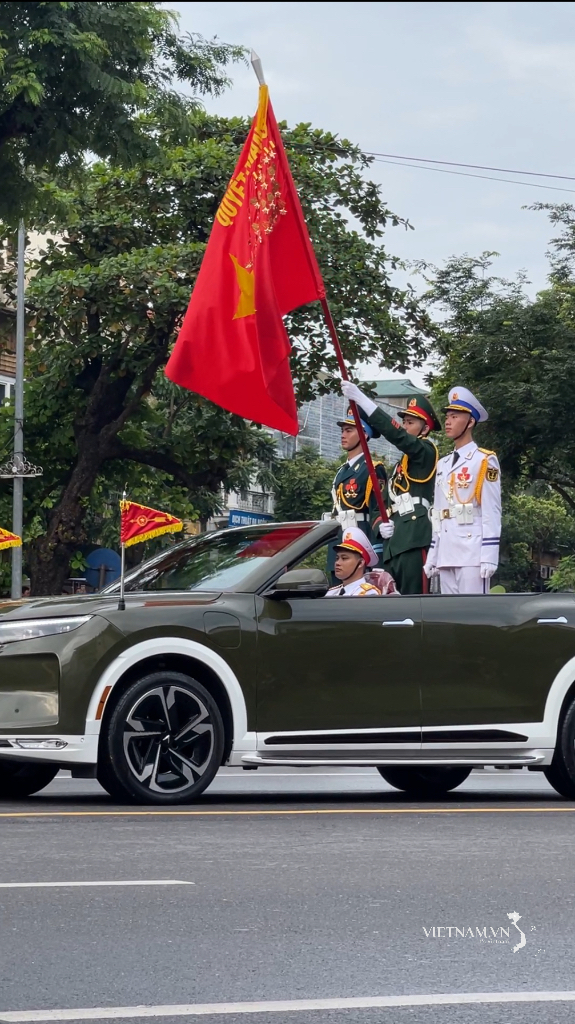


Comment (0)